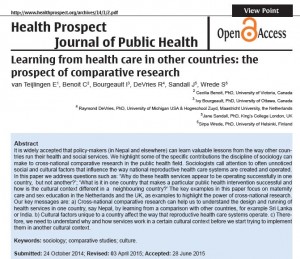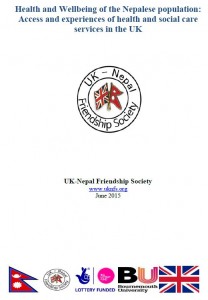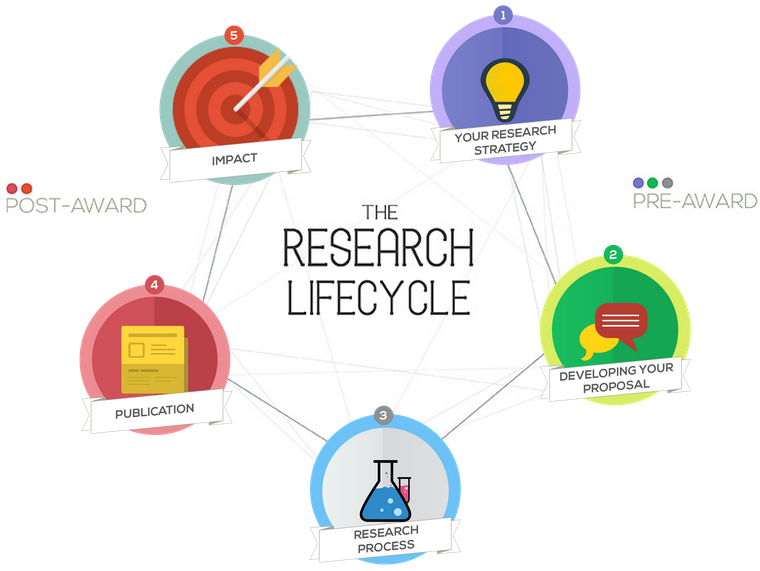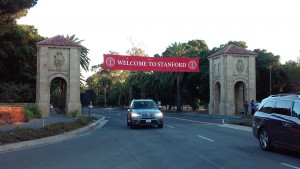The Euraxess July newsletter is promoting the following opportunities that are relevant to Bournemouth University:
CONFAP-UK Academies: Fellowships, Research Mobility, and Young Investigator Awards for UK researchers in Brazil
Brazilian State Funding Agencies, articulated by its National Council (CONFAP), have launched a call for proposals offering support to researchers based in UK Universities and Research Institutions to spend from two weeks to four years working in research in Brazil, in collaboration with local colleagues.
The call offers support for researchers in the UK through:
a) Fellowships
b) Research Mobility Grants
c) Young Investigator Grants comprising a scholarship plus a research funding grant.
These Newton Fund activities offer an opportunity for UK researchers to develop the strengths and capabilities of their research groups through training, collaboration and reciprocal visits with a partner in some of the best research groups in the Brazil.
The second round of applications is now open and will close on 23 October 2015.
Science Slam
Do you have links with an Early Stage Researcher based in ASEAN, Brazil, China, India, Japan or North America? Then direct them to this scheme. First prize is a free trip to Europe, a one-day science communication workshop and a meeting with European Commission representatives in Brussels, Belgium, and a meeting at a European research institution of their choice! Closing dates are in September but applicants will need to check the information for their region.
Environmental sustainability in Europe and India
TECO “Technological Eco-Innovations for the Quality Control of Polluted Waters and Soils” is a new project funded by the European Union and coordinated by the Italian National Research Council (CNR) with the partnership of the National Environmental Engineering Research Institute (NEERI – India).
The goal of TECO is to improve and promote collaborations between Europe and India in the field of environmental sustainability.
Grants are provided for the mobility of European researchers, engineers and experts to spend up to three months in Indian research institutes or private companies to open new professional collaborations and to develop innovative ideas in the field of new technologies applied to the decontamination of waters and soils.
The deadline is 15 September 2015. The mobility program will start from January 2016.
Newton Funding Opportunities (see also previous blog post)
There are currently 24 opportunities listed as open for applications by the Newton fund.
Locations include: Egypt, India,Indonesia,Kazakhstan,Mexico,Philippines,South Africa,Vietnam, Brazil, Turkey and Chile. A wide range of disciplines is also represented, from Agriculture to Rapid Urbanisation.
British Academy Newton Advanced Fellowships (see also previous blog post)
Newton Advanced Fellowships provide early to mid-career international researchers with an opportunity to develop their research strengths and capabilities, and those of their group or network, through training, collaboration and visits with a partner in the UK.
Sign up to receive your own copy of the Euraxess Newsletter so that you are the first to know about international opportunities.
 On Friday (24 July 2015), HEFCE announced a number of adjustments and qualifications to its policy for open access (OA) in the next REF following consultation with HEIs. The key adjustment is that:
On Friday (24 July 2015), HEFCE announced a number of adjustments and qualifications to its policy for open access (OA) in the next REF following consultation with HEIs. The key adjustment is that:





 This e-learning tool has been developed with funding from the Big Lottery Fund, and builds on previous work which has used participatory performative research methodologies, including performance poetry to enable young people with disabilities (aged 14-20 years) to explore the nature of disability within society and their own experiences of being disabled. The previous outputs from this project have included live performances as part of the Cultural Olympiad 2012, local literary festivals, a performance at the House of Commons in December 2014, as well as a documentary film
This e-learning tool has been developed with funding from the Big Lottery Fund, and builds on previous work which has used participatory performative research methodologies, including performance poetry to enable young people with disabilities (aged 14-20 years) to explore the nature of disability within society and their own experiences of being disabled. The previous outputs from this project have included live performances as part of the Cultural Olympiad 2012, local literary festivals, a performance at the House of Commons in December 2014, as well as a documentary film ![photo[2]](https://microsites.bournemouth.ac.uk/hsc/files/2015/07/photo2-e1437396081780-224x300.jpg)

![Stanford[1]](http://blogs.bournemouth.ac.uk/research/files/2015/07/Stanford1-300x225.jpg)
















 Upcoming opportunities for PGRs – collaborate externally
Upcoming opportunities for PGRs – collaborate externally BU involved in new MRF dissemination grant
BU involved in new MRF dissemination grant New COVID-19 publication
New COVID-19 publication Conversation article: London Marathon – how visually impaired people run
Conversation article: London Marathon – how visually impaired people run MSCA Postdoctoral Fellowships 2024
MSCA Postdoctoral Fellowships 2024 Horizon Europe News – December 2023
Horizon Europe News – December 2023